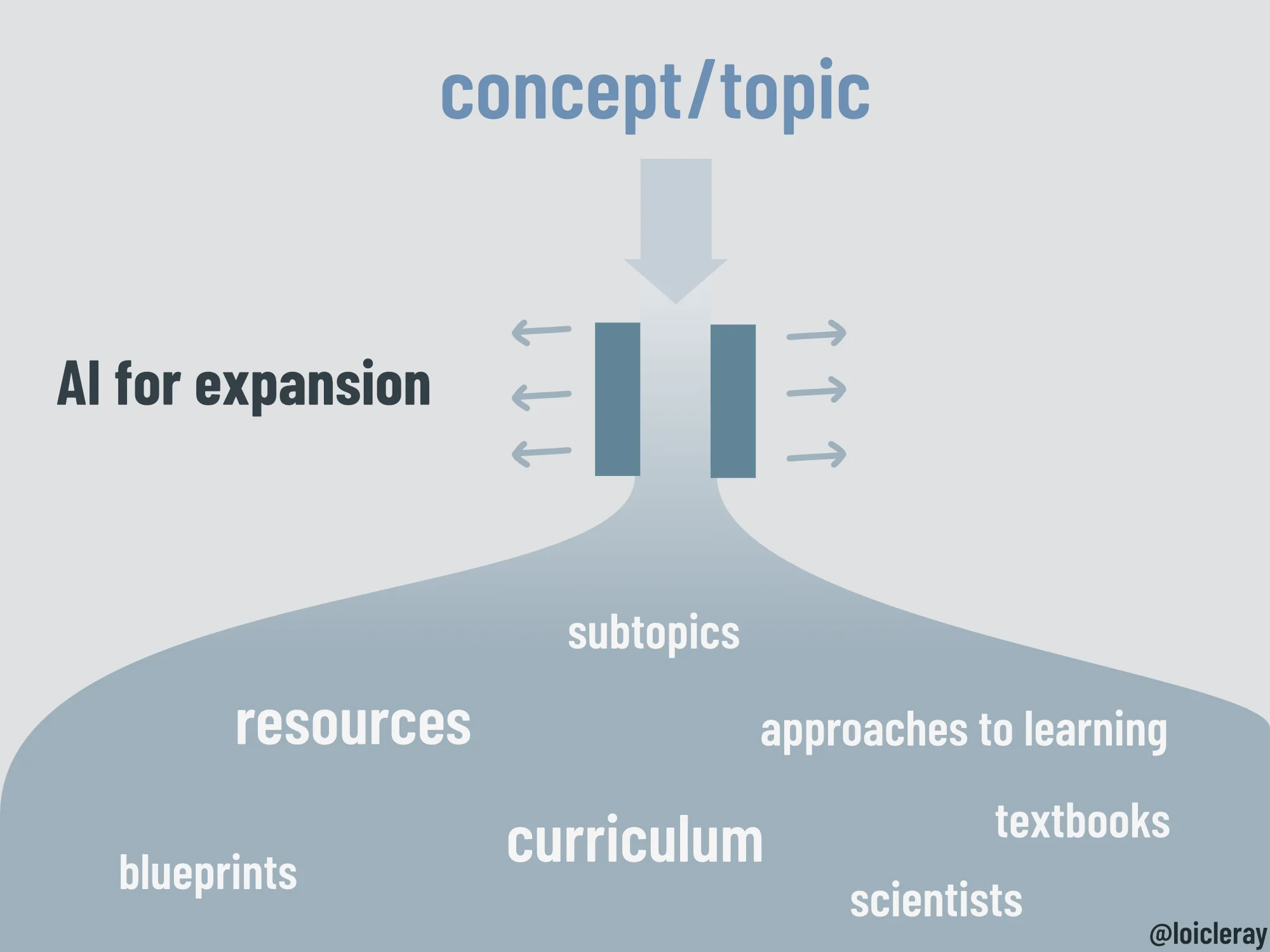I've been using LLMs/AI like a madman for the past few years.
Trying and testing to see if/how it fits into my work.
At first, the illusion of exponential productivity had me giddy.
But it realised their promise does not (yet) match the real world.
I've wasted a lot of time attempting to salvage slop. Turns out... you can't manhandle token into being useful.
LLMs are not your productivity panacea... but are still very useful.
Below is a short overview of how I'm currently using LLMs.
1. LLMs for information compressionLink to section
Take a large body of work and compress it into actionable insight. Enables you to get an overview of textbooks, contracts, user manuals to get to the points that are of most interest to you.
Large Input —> Compression —> Easy to understand blueprint of a concept

2. LLMs for discoveryLink to section
LLMs have been really helpful in situations where you don’t know enough to know what you don’t know.
That is, you don’t know how to search for a solution because you don’t know what solutions exist.
Buzz word blindness™ is a thing.
LLMs solve your keyword knowledge gaps.
Problem you're facing —> expansion —> blue print of potential solutions

3. Non-critical scriptingLink to section
LLMs might not be the best tool for a job, but they can build a good enough tool for the job.
I often use LLMs to spin up python/bash scripts and automation for menial tasks. It allows me to get more done by automating the problem away.
Once the problem space is well defined, LLMs are pretty good at writing non-critical utility programs.
- image optimisation scripts
- email permutations to find emails
- template substitutions for cold emails
- data importing and cleaning for analysis etc